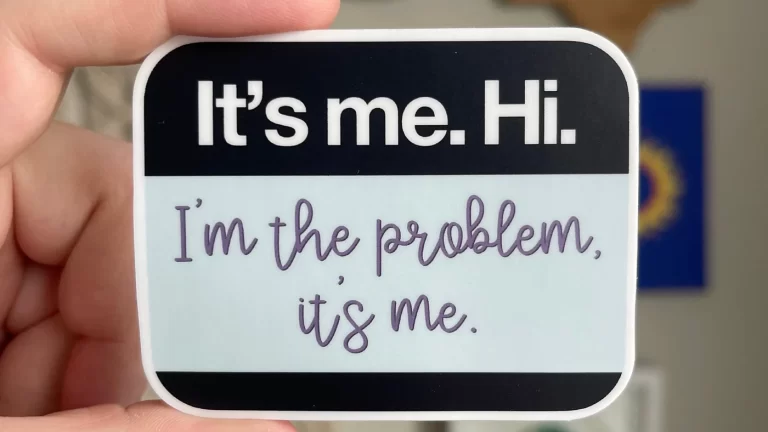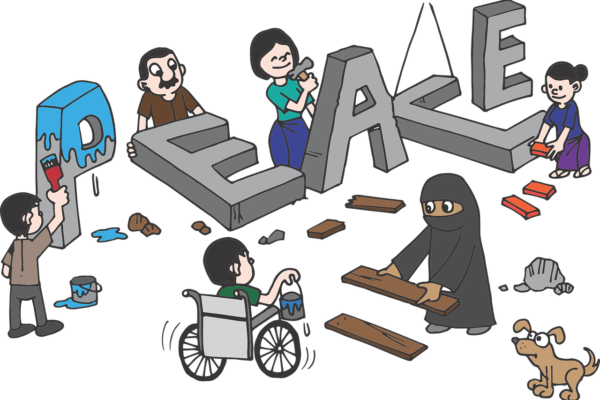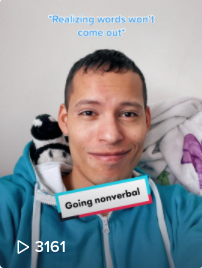In another post, I wrote about the euphemism treadmill – when it comes to anti-supports, it often feels like we are stuck on the disability supports treadmill. A lot of walking but you never get anywhere. We’re all on this merry-go-round trying to reach the end of the rainbow where we can finally find the pot of gold of support but all we ever do is advance to the other side of the merry-go-round. And the first side where we started. And the other side. And the first side. As we continue turning, the music gets distorted like a bad horror film and we get dizzier and dizzier and more desperate for answers but we can never get off or else we won’t get a chance for the prize. For anyone who is going through this who wants to sit next to someone else on the ride so they don’t feel so alone, here’s a real-life example of anti-support of my disabled daughter (who is only 5, so in theory she shouldn’t yet have an entire closet of war stories):
After almost 2 years of “care management,” including 20+ in-person meetings and endless emails and phone calls back and forth trying to access services, I asked my daughter’s care manager for a list of the supports that were provided. She gave me seven.
- One for filing the paperwork that enrolled her into the program (not sure why that counts – we’re back to six).
- Three lines for respite referrals when my daughter still doesn’t have respite (one program that didn’t accept her, one that did not even offer the type of respite she needs, and another line that was a duplication of the other two – we’re down to three).
- Two lines for entering my daughter’s information into a program to look for a dentist and emods evaluator (the program returned no results but apparently in her head this counts as a referral – we’re down to one.)
- One for a referral to an equipment program that still hasn’t delivered the end product a year and a half later.
That makes Zero. Zero direct benefit to my daughter after TWO YEARS. That’s 730 days that they could have used to find a program to help her. Medicaid pays $750 each month for this service. So they’ve been paid $18,000 to refer her to an inappropriate respite program and look in one place for a dentist but not find anyone. Each care manager has 20 children on their caseload so in a year they bring in up to $360,000 and are paid $40,000. Where does the other $320,000 go? It’s Anti-support. Help that isn’t helpful. The “nonprofit” organization banks it and meanwhile disabled children still can’t access the supports they have been paid to provide.
So what have I learned? Whether an organization is downright guilty of medicaid fraud or they’re trying their best to help you but failing, no one will be as motivated to help your child as you are. Never trust someone else with something your child really needs. If it would be a good addition to other supports – sure, join the two year waiting list and hope for the best. When you hit a brick wall, you look for a chisel if getting to the other side will help your kid. You make a window. Disability assistance organizations will tell you “Can’t you see the wall?!” Most of these programs are directly supported by our tax dollars so they unfortunately have an incentive not be helpful. All the money that is supposed to help our kids ends up being spend on endless paperwork to justify their salaries and little scraps of token assistance. They don’t want to actually help you because if you don’t need their services, they don’t get paid.
I could go on and on about anti-supports, but I don’t want you to be late for your Tuesday morning meeting. 🫠 I know you also have a wall to work though. Although I coined the term anti-support to describe the concept of disability supports that end up harming you, I had to Google it to see if the term was used elsewhere – apparently, it is. From Yu-Gi-Oh Fandom dot Wiki:
“Anti-support is an unofficial term for an interaction in which a card specifically affects cards with a particular property in some way harmful to the player who possesses the supported card.”
They go on to say that for example, “System Down” is a card that “banishes all Machine-Type monsters from the opponent’s field and Graveyard, thus it anti-supports Machine-Type monsters.” These can cards essentially block an effect to neutralize potential damage from your opponent – that is, it’s the opponent that they anti-support. And that’s what anti-support should be. Anti-support is not supposed to block the protagonist.
So when your opponent, i.e. care manager, plays a System Down card and all the monsters that you have in the fight are deactivated and you can’t make any headway even with your fiercest mama bear growl, know this: Someone understands. Someone out there who you’ve never met just played another card in their battle. And one day, one of us might even win a battle or two – it’s inevitable. The system might be down, but we are never down and out. Even when we’re on a wobbly ladder and people are pulling out the rungs rather than holding it down, still we cling because even if we are the weakest, we have the most to lose. And that’s what makes us strong. Perhaps ironically, disabled people and the parents of disabled kids are the strongest people I’ve ever known. When we can’t climb up the ladder, we inch. And if we can’t inch, we hold on for dear life and pray for a gust of wind. Because every now and then, we all need support. Not just token support, but real support. Support that doesn’t require us to jump through hoops just to prove we deserve it. Support that is as easy as playing a support card in a role-playing game. Wheelchair, deliver. Meals, cook. School accommodations, approve. Wouldn’t that be nice? When you think about it – I guess there’s only one difference between the anti-support in Yu-Gi-Oh cards and the real life anti-support that we feel in the disability community: at least the Yi-Gi-Oh cards don’t pretend they’re helping.
This post is Part II in a two-part series. Click here to read the first post: Anti-Support: Help that isn’t Helpful.





